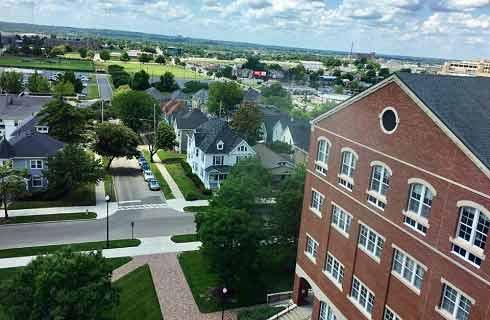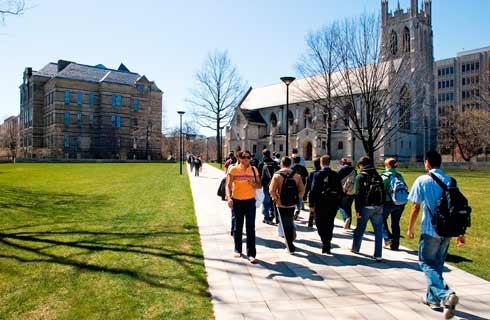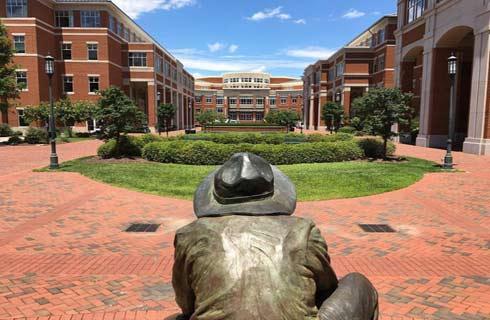Master of Science in Animal Biosciences


学历文凭
Masters Degree

专业院系
Department of Animal and Veterinary Sciences

开学时间

课程时长

课程学费

国际学生入学条件
IELTS - 6.5 and TOEFL iBT - 90
IDP—雅思考试联合主办方

雅思考试总分
6.5
- 雅思总分:6.5
- 托福网考总分:90
- 托福笔试总分:160
- 其他语言考试:Duolingo - 110
CRICOS代码:
申请截止日期: 请与IDP联系 以获取详细信息。
课程简介
相关申请
 预科
预科 奖学金
奖学金 实习机会
实习机会 在校学习
在校学习 跨境学习
跨境学习 校园授课-线上开始
校园授课-线上开始 在线/远程学习
在线/远程学习
学校排名

世界排名351
数据源:
泰晤士高等教育世界大学排名
本校相关课程

Global Gateway Program for Undergraduate Study (3 Term)
学历文凭
Foundation for Undergraduate
开学日期
课程费用总额


Global Gateway Program for Undergraduate Study (2 Term)
学历文凭
Foundation for Undergraduate
开学日期
课程费用总额


Global Gateway Program for Undergraduate Study (1 Term)
学历文凭
Foundation for Undergraduate
开学日期
课程费用总额


Global Gateway Program: Master's International Year
学历文凭
Foundation for Postgraduate
开学日期
课程费用总额


Bachelor of Science in Business Administration - Accounting
学历文凭
Bachelor Degree
开学日期
课程费用总额


Bachelor of Science in Animal and Veterinary Sciences
学历文凭
Bachelor Degree
开学日期
课程费用总额

其他相关课程

动物卫生技术文凭
 北阿尔伯塔理工学院
北阿尔伯塔理工学院学历文凭
Bachelor Degree
开学日期
课程费用总额


动物科学哲学博士
 曼尼托巴大学
曼尼托巴大学学历文凭
Ph.D.
开学日期
课程费用总额


动物科学理学硕士
 曼尼托巴大学
曼尼托巴大学学历文凭
Masters Degree
开学日期
课程费用总额


农业科学学士学位(动物系统)
 曼尼托巴大学
曼尼托巴大学学历文凭
Bachelor Degree
开学日期
课程费用总额


动物科学哲学博士
 麦吉尔大学继续教育学院
麦吉尔大学继续教育学院学历文凭
Ph.D.
开学日期
课程费用总额


动物科学理学硕士(应用)(非论文)
 麦吉尔大学继续教育学院
麦吉尔大学继续教育学院学历文凭
Masters Degree
开学日期
课程费用总额









 美国
美国
